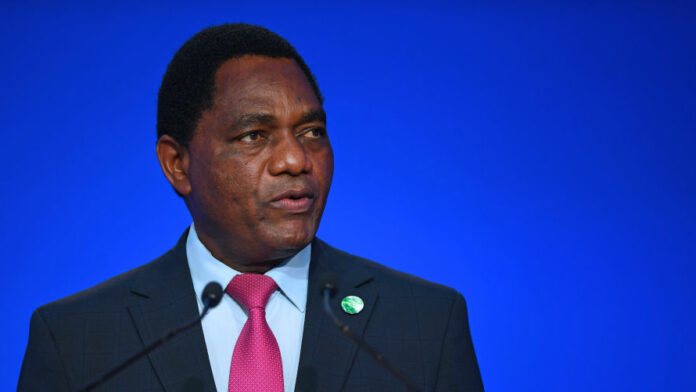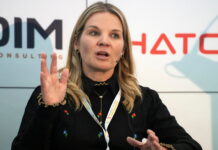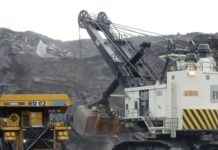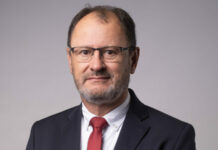
ZAMBIAN president Hakainde Hichilema said he was determined mining would be the centrepiece of his efforts to revive the country’s economy without resorting to so-called resource nationalism.
“Let me reiterate, our government support empowerment without resource nationalism,” he said on the same day Canada’s First Quantum Minerals commited to project spend of $1.35bn in the southern African country. Hichilema was speaking at the 2022 Mining Indaba, an annual mining investor conference held in Cape Town.
Hichilema took over the reigns from Edgar Lungu eight months ago and has since tried to lure mining companies back to Zambia which, during the Lungu presidency, faced insecurity of tenure, high royalty rates and the withholding of VAT refunds.
Analysts have cautiously welcomed Hichilema’s election and expressed hope his stance would be more pragmatic than the hard-handed rule of his predecessor.
“This is a positive signal that the New Dawn administration continues to make it easier to do business in the country and to encourage new investment,” said Jackie Przybylowski, an analyst for BMO Capital Markets in a note on Monday.
Lungu’s tenure was characterised by resource nationalism, which placed onerous obligations on the mining industry with regard to ownership, procurement and local content, according to Peter Leon, partner and Africa chair of international law firm Herbert Smith Freehills.
Zambia’s new president spoke frankly about the problems Africa face: endemic corruption, conflict and poor infrastructure. “Conflict is Africa and Africa is conflict. Civil strife, instability and conflict characterise many African countries, but these things impede investment.”
He promised investors that his government will root out corruption and vowed to operationalise an online portal to promote the efficiency of mining rights in Zambia. The country has put a temporary moratorium on the issuance of mining rights. The new government inherited a dysfunctional system from the previous regime and the mineral licencing system needed to be overhauled.
Hichelema reiterated his government’s undertaking eight months ago to increase annual copper production from 800 000 tons to three million tonnes in ten years. BMO’s Przybylowski said expansion on this scale would require $30bn in new investment.
Zambia is the second biggest copper producer on the continent, accounting for 70% of the continent’s copper output. “There’s an ever-increasing demand for copper. But this (pushing up production) will only happen with investors – providers of technology and finance,” he said.
Zambia recently signed a memorandum of understanding with the Democratic Republic of Congo (DRC) which is Africa’s top copper producer to facilitate cooperation in the development of clean energy technologies. “Together we see a future for electric vehicles, batteries and copper pipes,” Hichelema said.
Copper is a sought-after mineral in a world that is moving towards clean energy and serves as a conduit in renewable energy systems that generate power from solar and wind energy. It is also an essential component in the radiators, connecters and brakes used in motor vehicles. The outbreak of war between Russia and Ukraine sent copper prices to record highs as supplies had been affected.










